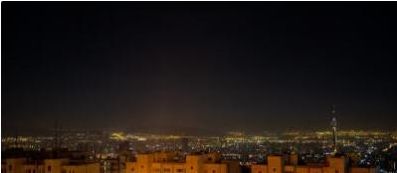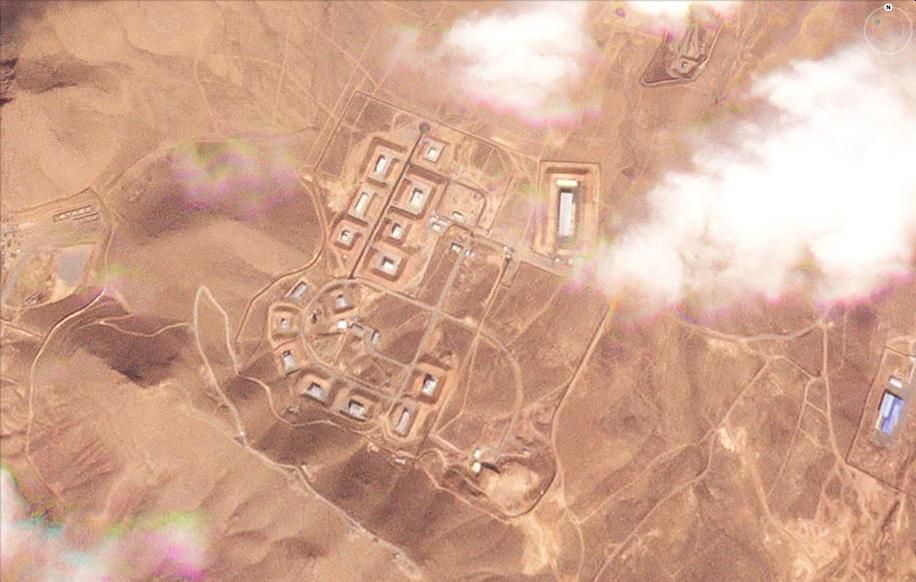By Eric Vandenbroeck and co-workers
Israel’s Attack on Iran
When Israeli fighter
jets roared off the runways on Friday night, on a thousand-mile run to Iran, they
headed for two major sets of targets: the air defenses that protect Tehran,
including Iran’s leadership, and the giant fuel mixers that make propellant for
Iran’s missile fleet.
Israel’s military
leaders, in calls with Defense Secretary Lloyd J. Austin III and other senior
American officials, had concluded that taking out the air defenses would make
Iran’s leaders fearful that Tehran itself could not be defended. That feeling
of vulnerability was already high, after Israel decimated the leadership of
Hamas and Hezbollah, Tehran’s proxy forces that could strike Israel, over the
past month.

The surprise element
for the Iranians was a set of strikes that hit a dozen or so fuel
mixers, and took out the air defenses that protected several critical oil and
petrochemical refineries, according to a senior U.S. official and two Israeli defense
officials who spoke on condition of anonymity to discuss internal planning.

It seems incongruous
to say that a damaging air raid by one Middle Eastern power against another
might portend diminishing tensions in the region. Yet that could, and should,
be the result of Israel’s attack on Iran over
the weekend. As always, much will depend on how the United States uses its
influence on Israel; and it is precisely the Biden administration’s management
of this particular event that gives us grounds for cautious optimism.
A satellite image shows the Khojir
rocket motor casting facility, near Tehran on Oct. 24. (2024 Planet Labs

The net effect is
that Iran will have to struggle, possibly for many months, to resume ballistic
missile-making — and, crucially, that its energy production and nuclear
facilities stand intact but exposed to future Israeli attacks, should Iran
provoke one by directly striking Israel again.
In short, Israel
heeded President Joe Biden’s counsel not to destroy the Iranian regime’s core
strategic assets, lest Tehran lash back with an attack on Saudi oil interests
or U.S. troops. That could trigger a general war in the region at the height of
a close and globally fateful U.S. election campaign. Mr. Biden reinforced those
pleas with concrete shows of U.S. backing, such as the deployment of a
defensive missile battery to Israel, and U.S. troops to operate it, and a B-2 strike on Iranian-backed Houthi rebels in
Yemen.
For updates click hompage here